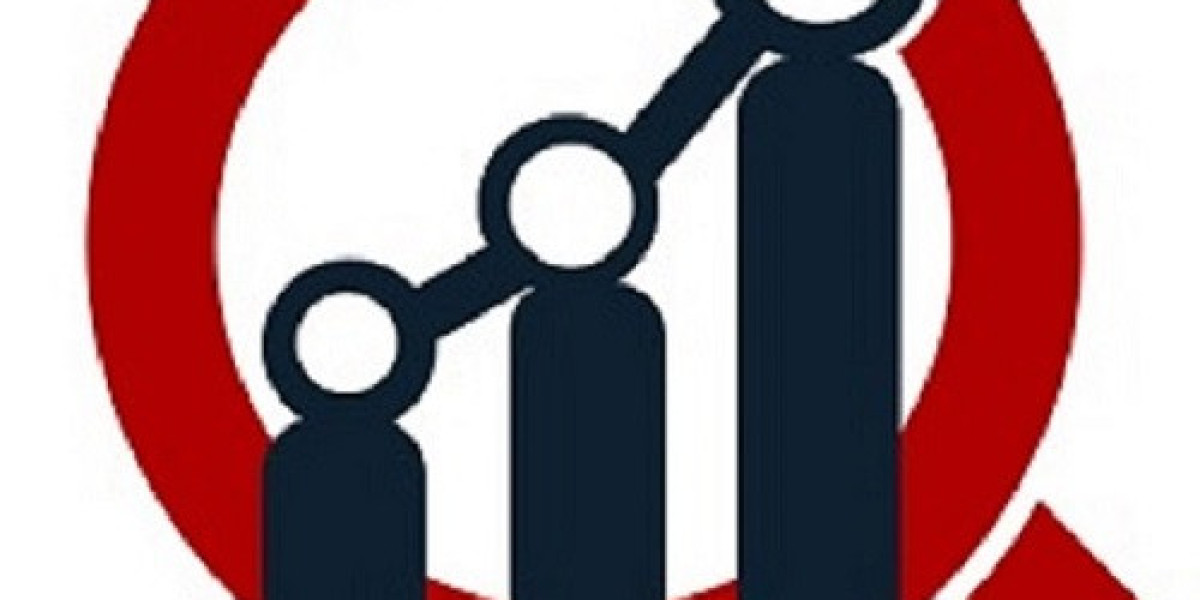The world of mental health care is often complex, with various legal codes and classifications governing patient treatment and hospitalization. One such classification is 5051 Mental Health, a designation that plays a significant role in psychiatric care and emergency interventions. Many people also come across the term 50150 Meaning, which is closely related to involuntary holds in mental health facilities. Understanding these terms is crucial for individuals facing mental health crises, caregivers, and professionals working in the field.
This article explores the meaning of 5051 Mental Health, its implications for psychiatric care, and how it compares to other similar mental health codes. We will also discuss the criteria for involuntary hospitalization, patient rights, and the role of mental health professionals in ensuring ethical treatment.
What Is 5051 Mental Health?
The term 5051 Mental Health refers to a specific legal code used to determine whether a person requires psychiatric evaluation or hospitalization. This classification is often associated with situations where an individual is experiencing a severe mental health crisis and may pose a risk to themselves or others.
Unlike voluntary treatment, a 5051 hold involves a temporary, involuntary psychiatric evaluation, allowing mental health professionals to assess the individual’s condition and determine the appropriate next steps.
Understanding 50150 Meaning and Its Relevance
While 5051 Mental Health is widely discussed, another closely related term is 50150 Meaning, which refers to a different type of psychiatric hold. The 50150 designation is often used for individuals who require immediate intervention due to severe mental distress or dangerous behavior.
Both 5051 Mental Health and 50150 classifications serve as tools to protect individuals in crisis while ensuring they receive appropriate psychiatric care. However, the specific criteria and duration of these holds may vary by jurisdiction and healthcare setting.
When Is a 5051 Hold Used?
A 5051 hold is typically used in the following scenarios:
Risk of Harm to Self: Individuals experiencing suicidal thoughts or engaging in self-harm may be placed on a psychiatric hold for their safety.
Threat to Others: If a person exhibits violent or aggressive behavior due to a mental health crisis, intervention may be necessary to prevent harm.
Grave Disability: When an individual is unable to care for their basic needs due to a psychiatric disorder, hospitalization may be required to stabilize their condition.
How Long Does a 5051 Hold Last?
The duration of a 5051 mental health hold varies by state or country, but it typically lasts between 24 to 72 hours. During this time, mental health professionals assess the individual’s condition and determine whether they require extended care, voluntary admission, or release with follow-up treatment recommendations.
If a longer hospitalization is needed, healthcare providers may seek a court order to extend the psychiatric hold under different legal provisions.
The Role of Mental Health Professionals in 5051 Holds
Psychiatrists, licensed therapists, and emergency responders play a crucial role in implementing 5051 holds. Their responsibilities include:
Conducting psychiatric evaluations to determine the severity of the crisis.
Ensuring patients receive appropriate care and stabilization.
Collaborating with legal authorities to adhere to mental health laws and patient rights.
Developing treatment plans to address the individual’s mental health needs post-hold.
What Happens After a 5051 Hold?
Following a 5051 mental health hold, several outcomes are possible:
Release with Follow-Up Care: If the patient stabilizes, they may be discharged with recommendations for outpatient therapy and medication management.
Voluntary Admission: Some individuals agree to remain in psychiatric care voluntarily after the hold expires.
Extended Involuntary Hold: If the person remains a risk to themselves or others, medical professionals may seek an extended hold under a different legal designation.
Patient Rights and Legal Considerations
While psychiatric holds serve an essential purpose in crisis intervention, patients still have rights. These include:
The Right to Legal Representation: Individuals placed on a 5051 hold have the right to seek legal counsel to challenge their hospitalization if they believe it is unjustified.
The Right to Humane Treatment: Patients must be treated with dignity, provided with medical care, and protected from mistreatment or abuse.
The Right to Be Informed: Mental health professionals are required to explain the reasons for the hold and the next steps in treatment.
Alternatives to Psychiatric Holds
While involuntary hospitalization may sometimes be necessary, there are alternative approaches to mental health crisis management, including:
Crisis Hotlines: Immediate support from trained mental health professionals through helplines.
Community-Based Interventions: Mobile crisis teams and peer support networks can provide assistance without hospitalization.
Medication and Therapy Adjustments: Adjusting treatment plans can help prevent severe mental health episodes requiring emergency care.
Conclusion
Understanding 5051 Mental Health and the 50150 Meaning is essential for individuals navigating psychiatric care, either for themselves or their loved ones. These designations help protect individuals in crisis while ensuring they receive the necessary care and evaluation. However, awareness of patient rights, alternative crisis interventions, and long-term mental health management is equally important.
If you or someone you know is struggling with a mental health crisis, seeking professional help as early as possible can prevent the need for emergency interventions. Mental health should never be neglected, and there are numerous resources available to support recovery and stability.









